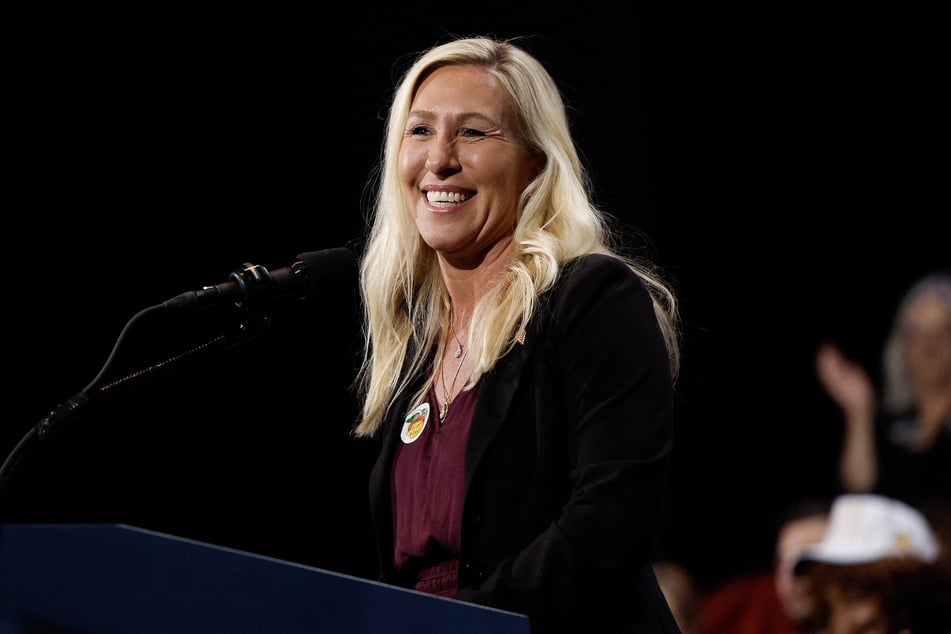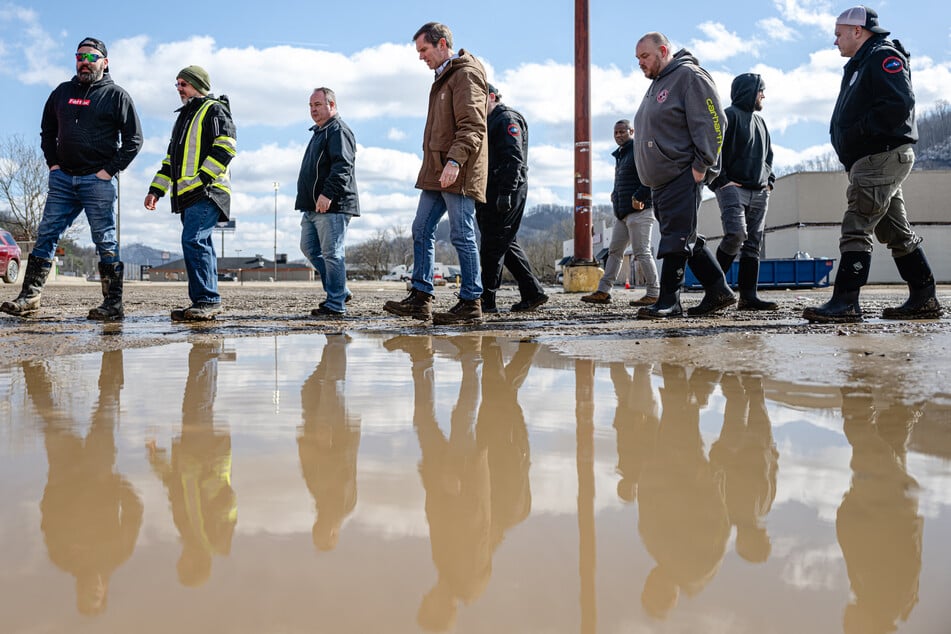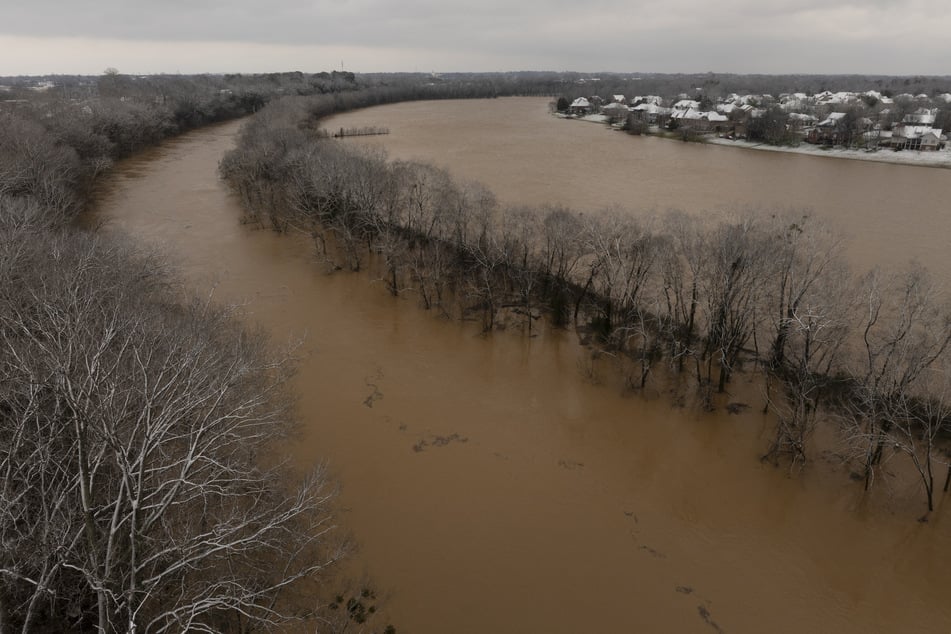Proposed "weather control" bans surge across the US amid MAGA fearmongering
Washington DC - Fake stories that atmospheric experiments are triggering natural disasters have led to US states pushing blanket bans on weather modification, which experts say may jeopardize current local scientific programs and hinder future research.

From recent deadly flooding in Kentucky to the Florida and North Carolina monster hurricanes of 2024, Americans have amplified increasingly conspiratorial explanations for extreme weather events – even blaming manufactured clouds for blocking sunlight for the devastation.
In response, some (typically MAGA) lawmakers are moving to criminalize legitimate scientific experiments in the atmosphere.
In Kentucky, Republican John Hodgson said that he introduced a bill because his constituents "do not want to allow any government attempts to modify the solar radiation or weather."
But no such government program played a role in the state's weather whiplash.
"None of this is government control," said Shane Holinde, a meteorologist at the Kentucky Climate Center. "It is all Mother Nature."
The severe weather events claimed 23 lives across the state, according to Democratic Governor Andy Beshear.
What "weather control" bills are currently going around?

The actions in Kentucky and other states highlight how misinformation has become entrenched in political discourse, driving legislative efforts in response to conspiracy theories.
Tennessee is the first and only state to have passed such a law, despite witness testimony citing chemtrails – a conspiracy that purports toxic chemicals are being sprayed from aircraft.
Kentucky bill co-sponsor, Republican Steve Rawlings, also alluded to them, telling local media his efforts address constituents' concerns of "streaks in the skies."
The efforts reflect general confusion over beneficial, small-scale activities, such as targeted cloud seeding programs in the arid West and large-scale geoengineering projects that are still decades away from possible implementation.
For example, the text targets stratospheric aerosol injection – a futuristic technique that the wider public knows little about.
Scientists hope the method might allow them to shift the total energy balance between the Earth and the Sun and reduce some of the most blatant effects of climate change, including supercharged floods and storms, but it is currently only at a research stage.
The Kentucky legislation mirrors bills advancing in Florida and Arizona since the start of the year.

As global warming makes weather extremes more likely, each new natural disaster brings further pushback against "weather control" from an increasingly loud crowd, including prominent political figures such as controversial Republican Congresswoman Marjorie Taylor Greene.
Blanket bans also run the risk of hindering projects shown to benefit farmers by managing hyper-local precipitation and reducing crop losses from hail.
Cover photo: Kevin Dietsch / GETTY IMAGES NORTH AMERICA / Getty Images via AFP